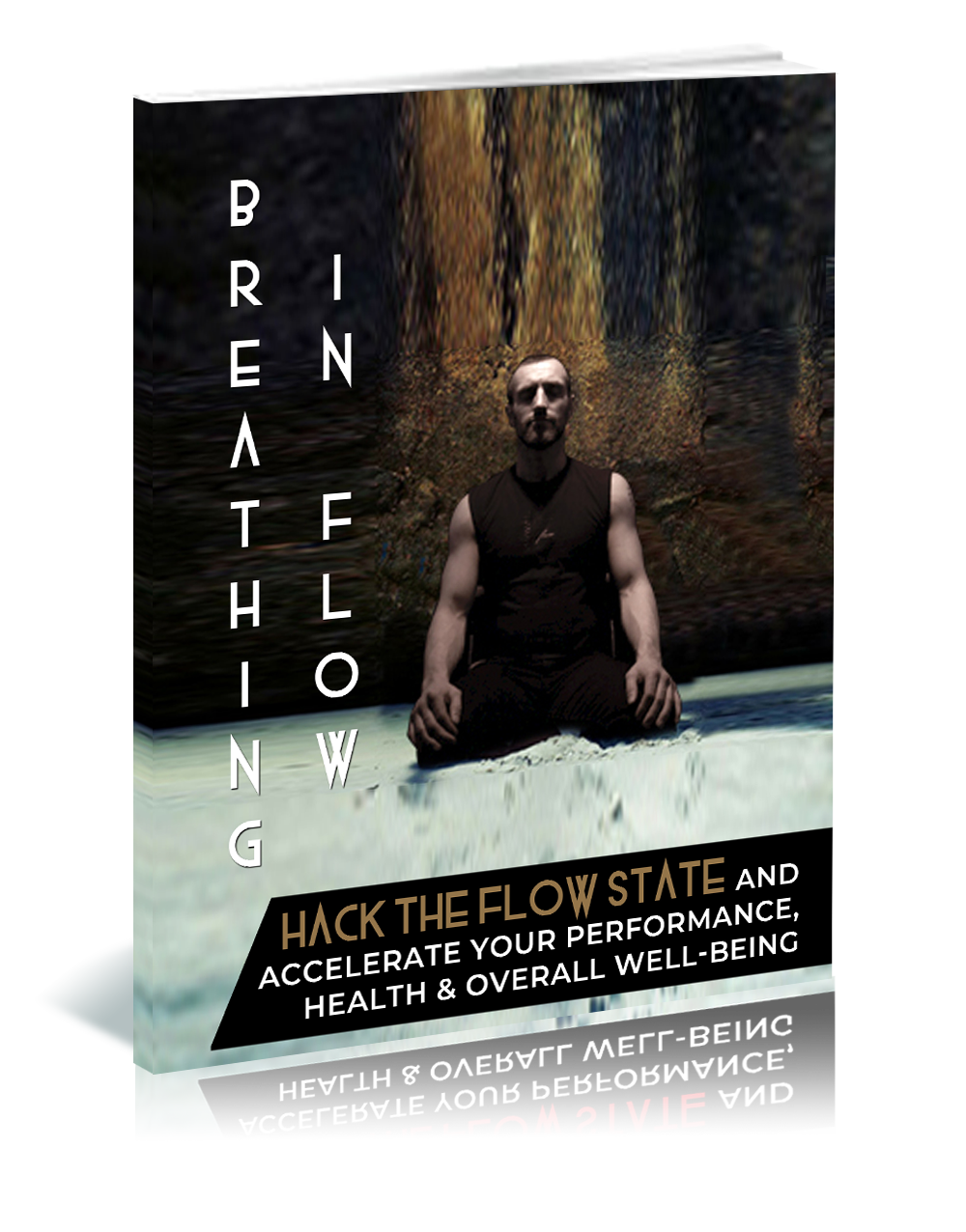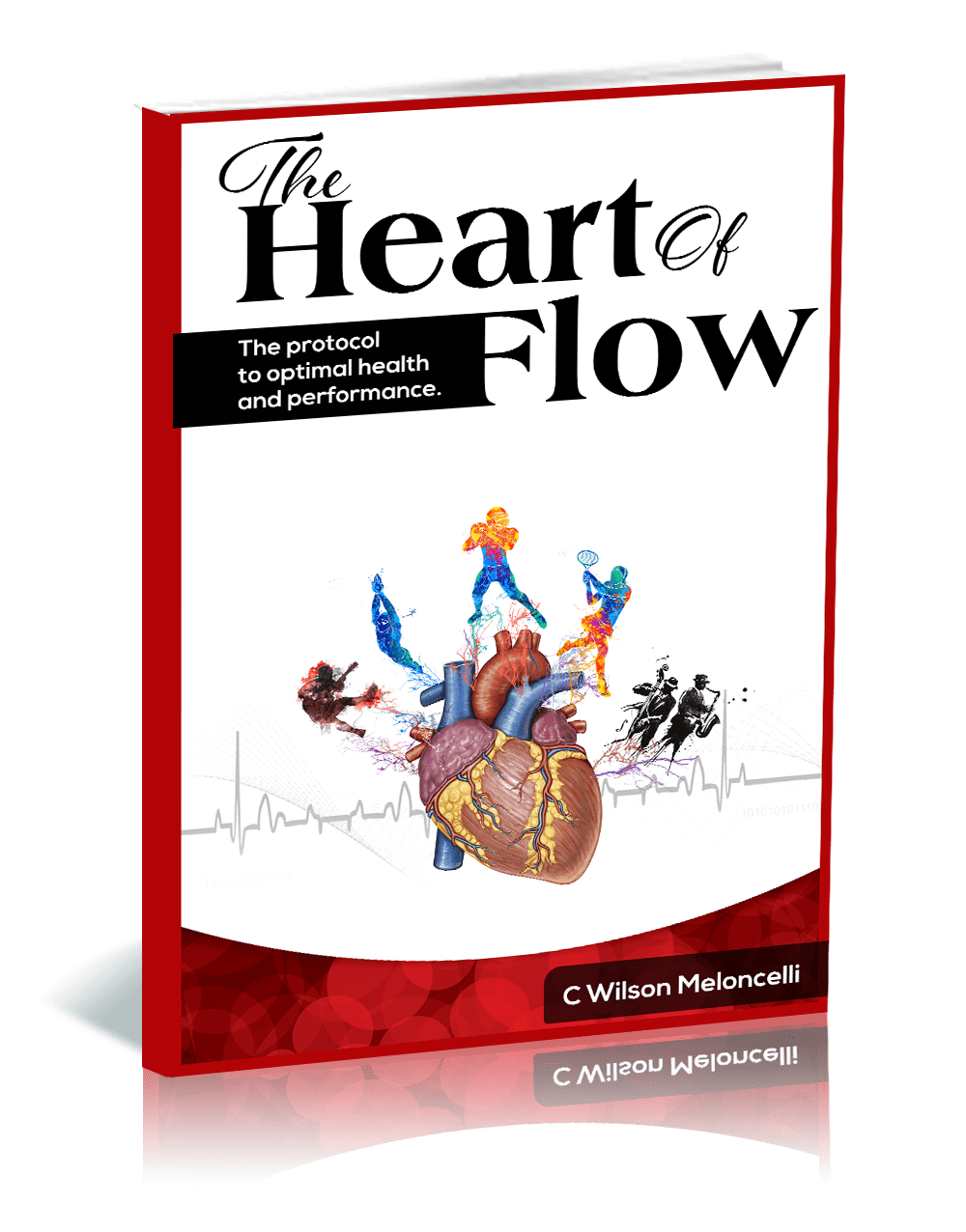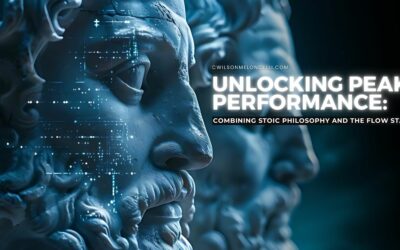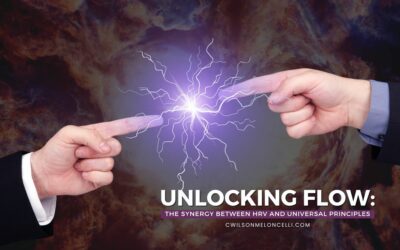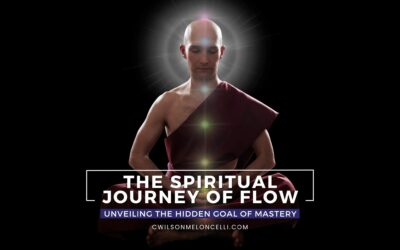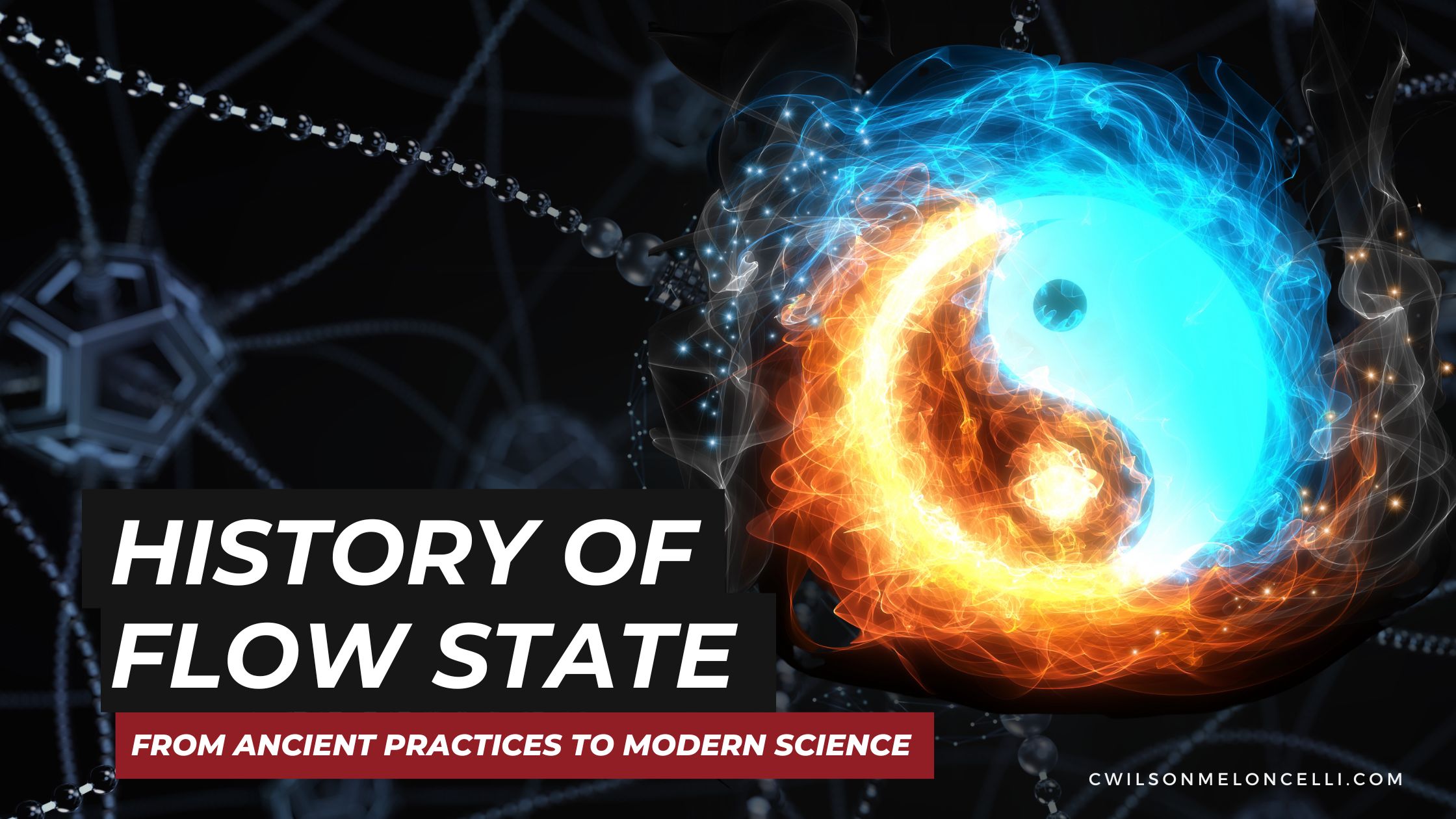
The concept of a Flow State, or being completely immersed in an activity to the point of losing oneself in it, is not a new phenomenon. While the term itself was coined in the late 20th century, the experience of Flow has been described and pursued throughout human history. This article explores the history of Flow State, from ancient practices to modern science.
Ancient Practices and Philosophies
- Eastern Traditions: In ancient Eastern traditions, such as Taoism and Zen Buddhism, the concept of Flow can be seen in practices that emphasize harmony with nature, mindfulness, and effortless action. The Taoist concept of "Wu Wei" translates to "non-action" or "effortless action," reflecting a state of being that aligns with Flow.
- Greek Philosophy: The ancient Greeks also described a state akin to Flow, particularly in the concept of "Aristotelian Eudaimonia" or "flourishing." Aristotle's idea of engaging in activities for their own sake and achieving excellence through practice resonates with the modern understanding of Flow.
The Birth of Modern Flow Research
- Mihaly Csikszentmihalyi: The term "Flow" was coined by Hungarian psychologist Mihaly Csikszentmihalyi in 1975. He described Flow as a state where "people are so involved in an activity that nothing else seems to matter; the experience itself is so enjoyable that people will do it even at great cost, for the sheer sake of doing it." Csikszentmihalyi's work laid the foundation for modern Flow research.
- Flow in Various Fields: Following Csikszentmihalyi's work, Flow has been studied in various fields, including sports, arts, education, and work. Researchers have explored how Flow enhances performance, creativity, and well-being.
Scientific Exploration of Flow
- Neuroscience of Flow: Recent advances in neuroscience have allowed researchers to explore the brain activity associated with Flow. Studies have found changes in neurochemistry and neuro electricity during Flow, leading to enhanced focus and creativity.
- Psychological Benefits: Psychological studies have shown that Flow is associated with increased happiness, well-being, and self-esteem. A study by Asakawa found that individuals who experienced Flow regularly reported higher levels of subjective well-being.
- Flow in the Workplace: Flow has also been studied in the context of work, with research showing that it can boost productivity and job satisfaction. A study by McKinsey found that executives in Flow were five times more productive.
Conclusion
The history of Flow State is rich and multifaceted, spanning ancient philosophies, modern psychology, and cutting-edge neuroscience. From Taoist sages to contemporary scientists, the pursuit of Flow reflects a universal human desire to engage fully with life and achieve excellence. As Csikszentmihalyi noted, "The best moments usually occur if a person’s body or mind is stretched to its limits in a voluntary effort to accomplish something difficult and worthwhile."
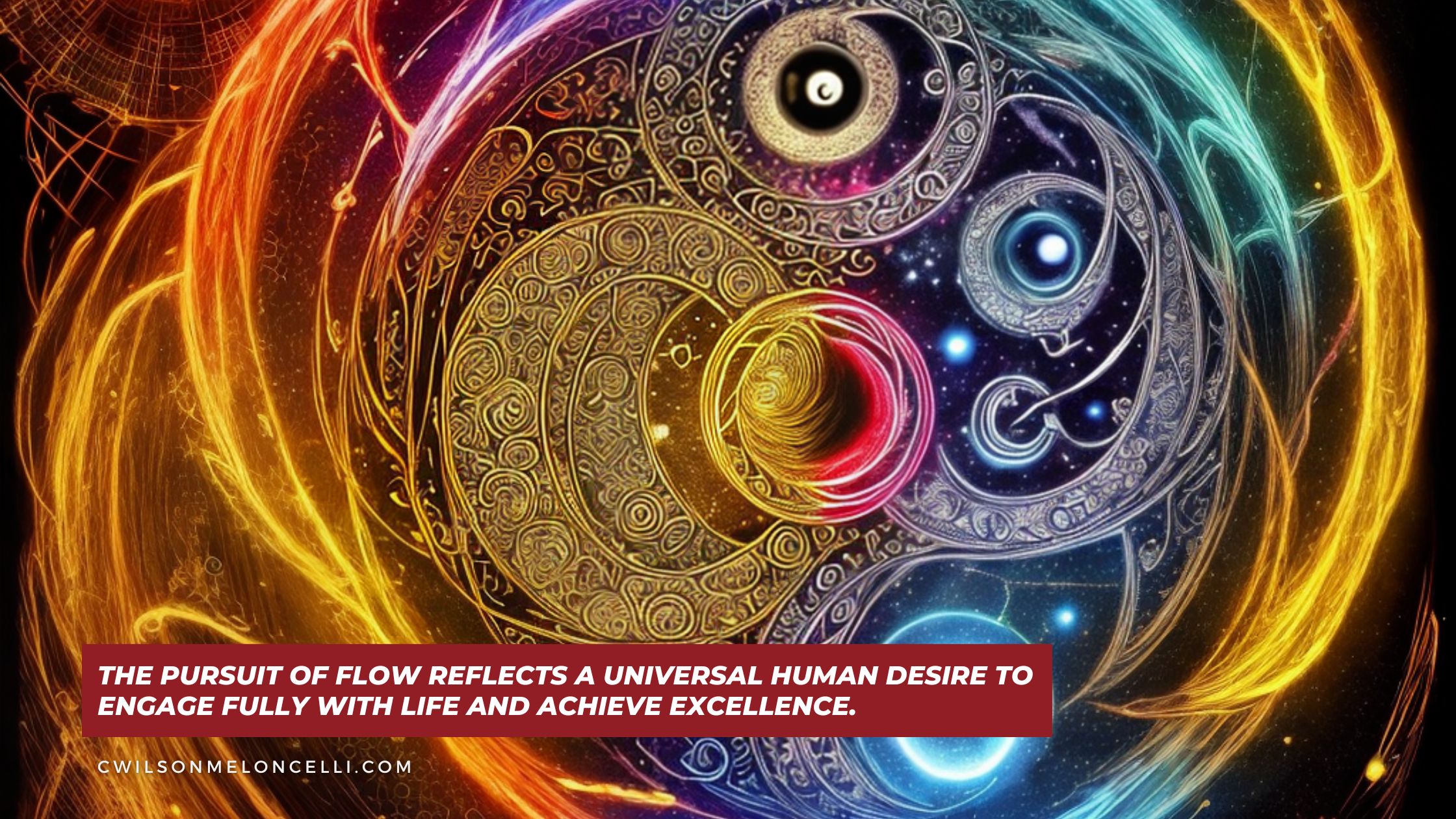
Unlock the power of Flow in your life with the "4 Cycles of Flow" program. Designed to help you tap into the ancient wisdom and modern science of Flow State, this program guides you through four transformative cycles to enhance creativity, productivity, and well-being. Whether you're an artist, athlete, entrepreneur, or anyone seeking to elevate your life, the "4 Cycles of Flow" is your pathway to achieving excellence. Join the program today and embark on a journey toward effortless action and fulfillment.
References
- Csikszentmihalyi, M. (1990). Flow: The psychology of optimal experience. Harper & Row.
- Asakawa, K. (2010). Flow experience, culture, and well-being: How do autotelic Japanese college students feel, behave, and think in their daily lives? Journal of Happiness Studies, 11(3), 205-223.
- McKinsey & Company. (2010). Increasing the 'meaning quotient' of work. McKinsey Quarterly.
- Laozi & Mitchell, S. (1988). Tao Te Ching: A New English Version. HarperCollins.
- Aristotle. (2000). Nicomachean Ethics. Cambridge University Press.


